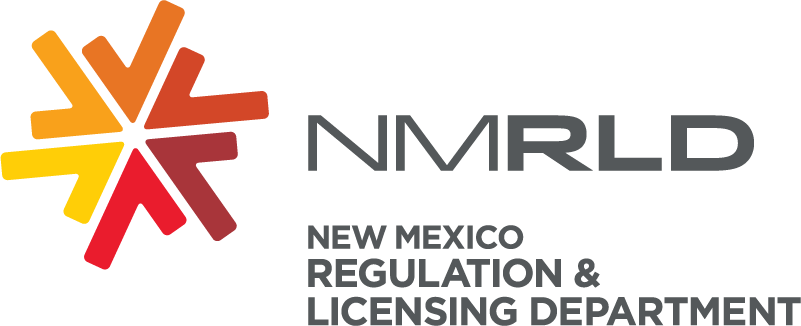Yes, small loan companies in New Mexico must comply with the New Mexico Bank Installment Loan Act § 58-7-1, et seq., NMSA 1978, the Small Loan Business Act § 58-15-1, et seq., NMSA 1978, and rules promulgated thereto. Both of these Acts limited the Annual Percentage Rate (APR) that a small loan company can legally charge you. These laws and associated rules went into effect for loans made beginning on January 1, 2023.
The APR is the cost of your credit as a yearly rate. APR is a combination of the interest rate plus the fees charged on your loan. APR is higher than the interest rate because it includes both fees and interest as finance charges.
Your actual terms and the Annual Percentage Rate (APR) will be determined at the time your application is submitted and will be based upon your application and credit information. Not all applicants will qualify for the lowest rate.
The calculation of APR is mandated pursuant to Federal Law (12 CFR Part 1026 – Truth in Lending Act (“TIL-APR”)). It is intended to provide a single value for a consumer to compare the cost of credit between one lender and another. Under New Mexico law, an additional type of annual percentage rate (“NM-APR”) must be disclosed, which may include additional charges that are not included in the TIL-APR. The NM-APR for a loan in an amount of more than $500 and up to $10,000 made pursuant to the Small Loan Act of 1955 or the Bank Installment Loan Act of 1959 cannot exceed thirty-six percent. The NM-APR for a loan in an amount of $500 or less made pursuant to the Small Loan Act of 1955 or the Bank Installment Loan Act of 1959 cannot exceed thirty-six percent plus a fee that shall not exceed five percent of the total principal of the loan and shall not be imposed on any borrower more than once per twelve-month period.
Please be aware that foreign (offshore, non-US) companies and Native American lenders who operate on tribal land are not subject to these laws. Be sure to ask questions about the company’s licensure and your specific rates before signing any paperwork.

